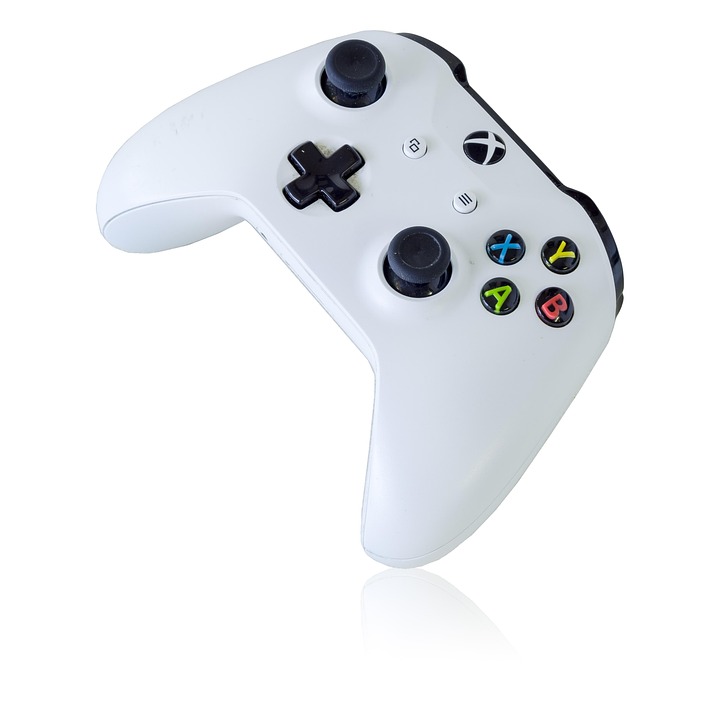Choosing your first game console can feel overwhelming. With so many options on the market, it’s easy to get lost in the maze of features, prices, and games. But don’t worry; you’re not alone. This guide will help you cut through the noise and find the perfect console that fits your lifestyle, preferences, and gaming desires.
Contents
Why Choosing the Right Game Console Matters
Your game console is more than just a gadget; it’s a gateway to countless adventures, stories, and connections. Whether you’re looking to dive into epic battles, explore vast worlds, or simply enjoy some casual fun with friends and family, the right console can make all the difference.
By understanding your needs, preferences, and the gaming landscape, you can make an informed decision that enhances your gaming journey.
1. Identify Your Gaming Style
Before you buy, take a moment to reflect on your gaming style. Are you a solo adventurer, a competitive gamer, or someone who loves multiplayer sessions with friends?
- Solo Players: Look for consoles with strong single-player titles, like action RPGs or narrative-driven games.
- Multiplayer Fans: Consider systems that support online gaming and have a robust library of multiplayer games.
- Casual Gamers: A console with family-friendly games and easy-to-learn mechanics might be your best bet.
2. Understand the Exclusive Titles
Each console boasts a unique lineup of exclusive games. These are the titles that can only be played on that specific system, making them a huge factor in your decision.
- PlayStation: Known for its rich storytelling and cinematic experiences (think The Last of Us or God of War).
- Xbox: Offers a variety of action and strategy games, with franchises like Halo and Gears of War.
- Nintendo Switch: Home to beloved family-friendly games like Mario Kart and The Legend of Zelda series.
Make a shortlist of the games you can’t resist. This will help you narrow down your console options.
3. Consider Your Budget
Setting a budget is crucial. Game consoles can range from budget-friendly to premium-priced models. Here’s a rough breakdown:
- Entry-Level Consoles: Usually under $300, great for casual gamers or families.
- Mid-Range Consoles: Priced between $300 and $500, ideal for serious gamers looking for a solid library.
- High-End Consoles: Generally over $500, these systems offer cutting-edge graphics and performance for the most dedicated gamers.
Keep in mind that you’ll also need to budget for games, accessories, and possibly a subscription service for online play.
4. Evaluate Performance and Specifications
Performance matters, especially if you’re aiming for high-quality graphics and smooth gameplay. Here are key specs to consider:
- Graphics Quality: Look for consoles that support 4K resolution if you want stunning visuals.
- Processing Power: A faster processor can lead to smoother gameplay and quicker load times.
- Storage Options: More storage means more games. Consider consoles with expandable storage or larger built-in memory.
Don’t fall for flashy numbers alone; read reviews and watch gameplay videos to see how the console performs in real-world scenarios.
5. Check Online Services and Features
Online gaming has become a staple in the gaming community. Most consoles now offer online services that enhance your experience. Here’s what to look for:
- Online Multiplayer: Ensure the console supports online gaming if you plan to play with friends.
- Game Libraries: Services like Xbox Game Pass or PlayStation Plus offer access to a library of games for a monthly fee.
- Community Features: Look for consoles that foster community connections, such as sharing gameplay clips or joining gaming groups.
A solid online ecosystem can significantly enhance your gaming experience.
6. Think About Accessories and Compatibility
Your gaming experience can be elevated with the right accessories. Consider the following:
- Controllers: Some consoles offer customizable controllers for a personalized touch.
- VR Compatibility: If you’re intrigued by virtual reality, ensure the console supports VR games and accessories.
- Backward Compatibility: This allows you to play games from previous console generations, giving you more options.
Accessories can be an investment, so think about what you might need once you choose your console.
7. Read Reviews and Seek Recommendations
Before making that final decision, do your homework. Read reviews, watch unboxing videos, and ask friends about their experiences. Trusted sources like IGN, GameSpot, and Kotaku can provide valuable insights.
Conclusion
Choosing your first game console doesn’t have to be a daunting task. By identifying your gaming style, understanding exclusive titles, budgeting wisely, evaluating performance, checking online services, thinking about accessories, and reading reviews, you’ll be well-equipped to make a decision that fits you perfectly.
Bottom Line
Your first game console is not just a purchase; it’s an investment in countless hours of fun, adventure, and connection. Take your time, do your research, and choose wisely. Happy gaming!
Frequently Asked Questions (FAQs)
Q: What is the best console for beginners?
A: The Nintendo Switch is often considered beginner-friendly due to its intuitive controls and family-friendly game options.
Q: Should I prioritize graphics or gameplay?
A: While graphics are important, gameplay quality often determines your overall enjoyment. Focus on the games you want to play.
Q: Is it worth getting a subscription service?
A: If you plan to play a variety of games, subscription services can save you money and give you access to a larger library.
Feel free to reach out if you have more questions or need further guidance. Enjoy your gaming adventure!








